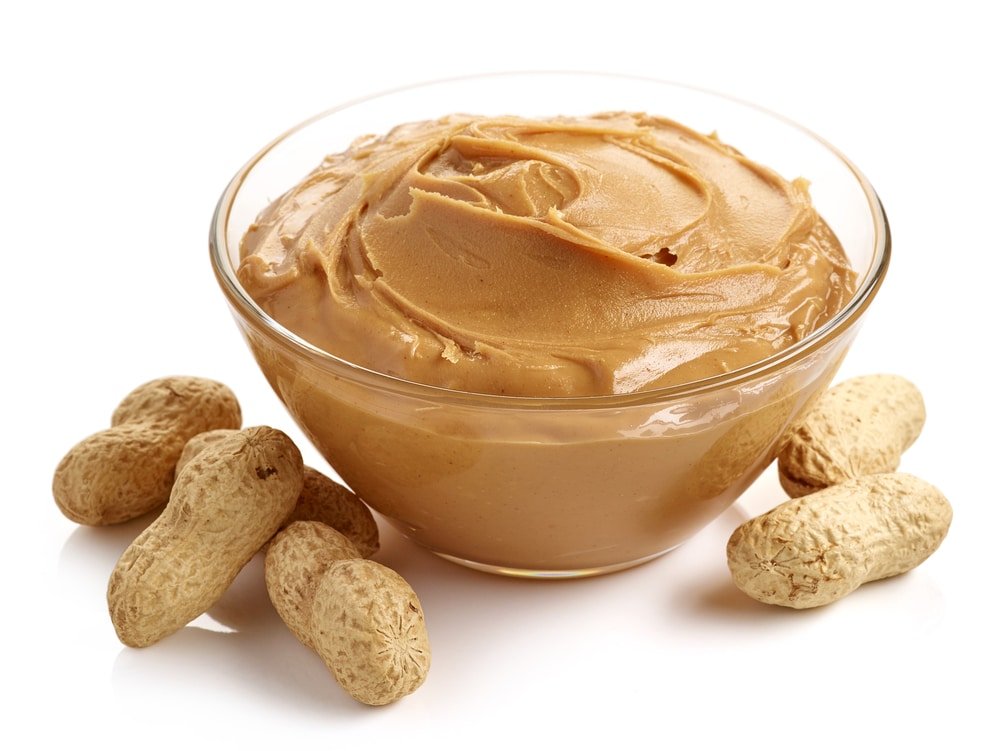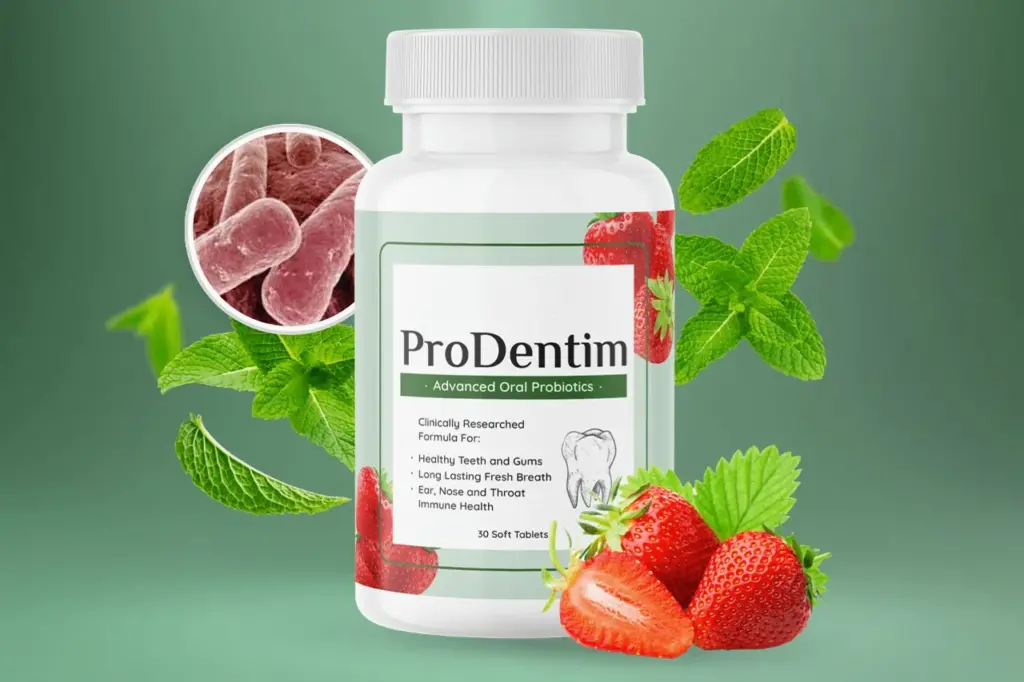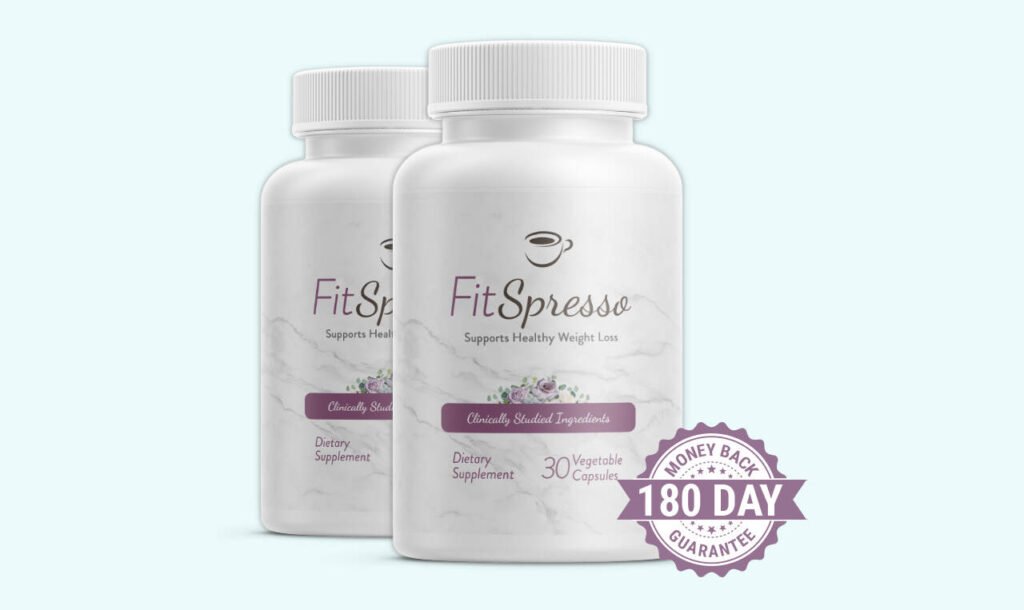Peanut Butter comes with impressive health benefits. Some of the health benefits of Peanut Butter includes reducing appetite, boosting energy levels, reducing risk of heart disease, reducing risk of colon cancer, preventing cognitive decline, may help reduce allergies, helps prevent gallstone, helps maintain skin health, help maintain fluid balance, helps manage blood sugar level and help manage diabetes.
Growing up, given that you weren’t allergic to peanuts, peanut butter was likely as indispensable part of your childhood. Sure, it made for a quick convenient snack from your parents point of view, but little did they do that it was actually very beneficial on your health.
Nowadays, an excuse shouldn’t be needed for you to consume peanut butter, as regular consumption if advised. Just don’t overdo this super healthy indulgence, and you are well on your way to improved health.
Dying to find out what eat more peanut butter can do for you? Let’s check it out:
Nutrition Info of Peanut Butter (per 2tbsp serving size)
Calories-188
Total Carbohydrate-6.5g
Dietary Fiber-2g 8% RDA
Sugars-3g
Total Fat-16g 25% RDA
Protein-8g 16% RDA
Vitamin E-2.9mg 14% RDA
Niacin-4.3mg 21% RDA
Vitamin B6-0.2 mg 9% RDA
Folate-23.7mcg 6% RDA
Pantothenic Acid-0.3 mg 3% RDA
Iron-0.6 mg 3% RDA
Magnesium-50 mg 12% RDA
Phosphorus-115 mg 11% RDA
Potassium- 208mg 6% RDA
Zinc 0.9mg 6% RDA
Copper- 0.2mg 8% RDA
Manganese- 0.5mg 23% RDA
Selenium- 1.8mcg 3% RDA
13 Amazing Health Benefits of Peanut Butter

1. Helps Reduce Appetite
As humans, we have the problem of eating even when we do not need to, owing to the way food has been programmed into our brain. Naturally, overeating is not good in any form or fashion, making the urge to resist temptation a daily chore. However, consumption of nutrient dense foods, such as peanut butter, can help to suppress your appetite and cravings, so that you stay satiated between meals and will not likely binge on some of those unhealthy snacks. The reason for this is thanks to its healthy fat and high protein content, both of which keep blood sugar levels steady and prevent frequent hunger.
2. Boosts Energy Levels
Need a quick pick me up in the middle of the day that is free from caffeine and other stimulants? Try two tablespoons of peanut butter. The fats found in it, along with fiber and protein are just what you need to stabilize insulin levels and ensure a constant energy supply for hours. You can consume it first thing in the morning if you need a stimulant free way to get an energy kick, especially if you work out after waking up.
3. Reduced Risk Of Heart Disease
Peanut butter contains lots of heart friendly fats, including the poly and monounsaturated ones. These have the ability to reduce LDL levels and reduce the likelihood of atherosclerotic plaques being deposited on the walls of the blood vessels. This in turn will help to reduce your risk of heart attacks and strokes.
4. Reduces Risk Of Colon Cancer
Peanuts and peanut butter consumption appear to be associated with reduced risk of colon cancer, especially in women. Though the reason for this isn’t fully known, it could be related to the fiber content, coupled with anti-inflammatory unsaturated fats. These could help to prevent polyp growth in the column, a well-known pre-cursor to cancerous changes, even though these polyps are often benign and are not usually reason for alarm. Regardless, less polyps in the first place are always the best course of action.
5. Slows Down Or Prevents Cognitive Decline
As we age, our brains are subjected to some degree of cognitive decline, even as much as significant impairment that our daily activities cannot be performed, or worst case- Alzheimer’s disease. Regular consumption of peanuts or peanut butter are associated with reduced risk of cognitive decline, and in many cases preventing it from impacting our lives significantly. In addition to its high anti-inflammatory fat content, niacin is believed to also play a key role here, as it was found that persons who consume the most niacin are up to 70% less likely to develop severe cognitive deficits.
6. May Help Reduce Allergies
Research has shown that people who start consuming peanut butter at a young age are at lower risk of developing serious allergies later on in life, including peanut allergies themselves. It was discovered that even when one possesses genetic peanut allergies, by introducing a very small amount of the allergen (in this case peanuts) frequently, the immune response to this is reduced significantly over time. The result is diminished allergic reactions, or elimination altogether. This effect also carries over to other types of allergens, as it believed that it helps modulate immune activity to not be hypersensitive.
7. Helps Prevent Gallstones
For years it was believed that gallstones were caused by high fat intake, however, it has now been proven that gallstones are much more common in people who follow a low fat diet. In large part, most gallstones are cholesterol based, but can easily be remedies if enough cholesterol is present in blood. Under these circumstance, the cholesterol acts as a solvent, and prevent the gallstones from forming, but rather dissolves it. Diets that are low in fat, lack the ability to efficiently dissolve these “stones” and so they form an occlusion. Peanut butter is an excellent way to prevent gallstone formation thanks to its generous fat content.
8. Helps Maintain Skin Health
Peanut butter is a rich source of Vitamin E, an important nutrient to help in the maintenance of good skin health. Vitamin e helps the skin retain moisture, preventing cracking or scaly patches from occurring. Vitamin E is also a powerful anti-oxidant vitamin, which helps to reduce the impact the sun can have on our skin. The result? Radiant, well moisturized skin that looks great for your age.
9. Helps Maintain Fluid Balance
Peanut butter is a surprisingly good source of dietary potassium, a mineral a large number of people are actually deficient in. Potassium acts as sodium’s opposite, helping to ensure that excess sodium is removed via urine, to maintain blood pressure, fluid equilibrium and help blood circulation remain optimized. Potassium also has a role on dilation of blood vessel dilation, helping reduce the strain ion the heart to pump blood.
10. Helps Manage Blood Sugar Levels And Diabetes
Peanut butter is a dietetic friendly food owing to its ability to slow down glucose absorption ad minimize insulin spikes following consumption alone or when added to a meal. This effect of peanut butter allows insulin, which may be weak and desensitized, to have a better opportunity to promote sugar uptake from the blood. By helping to stabilize blood sugar levels, hunger is also blunted, along with a reduction in possible diabetic complications.
11. Excellent Vegan Protein Source
Vegetarians have a hard time meeting their protein requirements, but luckily peanut butter can help you get a little closer. Each two tablespoon serving contains approximately 8g of protein, very helpful for consuming through the day.
12. Can Help Build Muscle Mass
Protein is essential for the muscle building process, and even though peanut butter doesn’t contain a lot, bevy little bit adds up when the end of the day comes. Add in to your favorite protein shakes for a new taste and added benefits.
13. Can Help Prevent Migraines
Next time you are suffering from a bout of migraine, reach for some peanut butter. Peanut butter is rich in magnesium, which studies have found is associated with reduced frequency and severity of migraines. Even better yet, consume regularly to prevent migraines in the first place.
Conclusion
Peanut butter is delicious, and has a positive effect on many aspects of our health. Just don’t go overboard and consume spoons upon spoons, or you will gain weight in the process.

